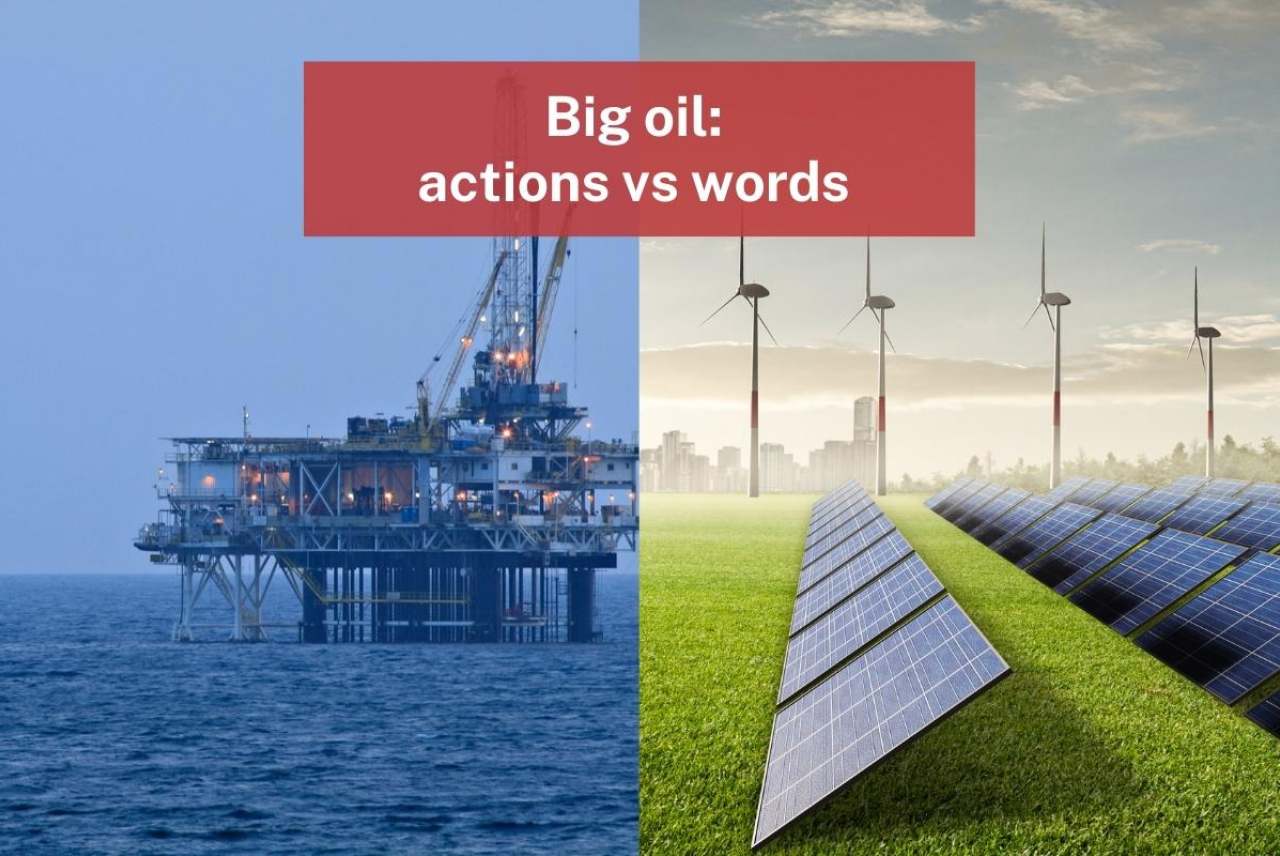The four biggest UK oil companies (BP, Chevron, ExxonMobil, and Shell) have all published some sort of plan acknowledging the climate impacts of fossil fuels, and supposed plans for their emissions to reach net zero by 2050 at the latest.
'Big Oil' companies are also becoming key players in electric vehicle charging markets. BP Pulse electric vehicle (EV) charging points were voted the most used in the UK by customers in 2020. Shell plans to increase its EV charging points from 60,000 in 2021 to 2.5 million by 2030. ExxonMobil has also released its EV charger product range, Mobil EV.
In other areas, BP boasts of its $2.2 billion “low-carbon investments” in 2021 (a whopping 1.4% of its operating revenue) and its plan to quadruple its renewables development. Shell lays out its plan to invest $3 billion in its “renewables and energy solutions business” and, in March 2022, made its first investment in wind with a 49% share of WestWind.
ExxonMobil and Chevron are focused more on biofuel and hydrogen over the likes of wind or solar (which require less infrastructure change from fossil fuels – biofuels can be functionally almost identical), but both were still discussing decarbonisation. ExxonMobil lists its plan for $15 billion “of lower-emission investments” from 2022-2027. Chevron similarly speaks of its $8 billion in “lower lower-carbon investments” by 2028.







